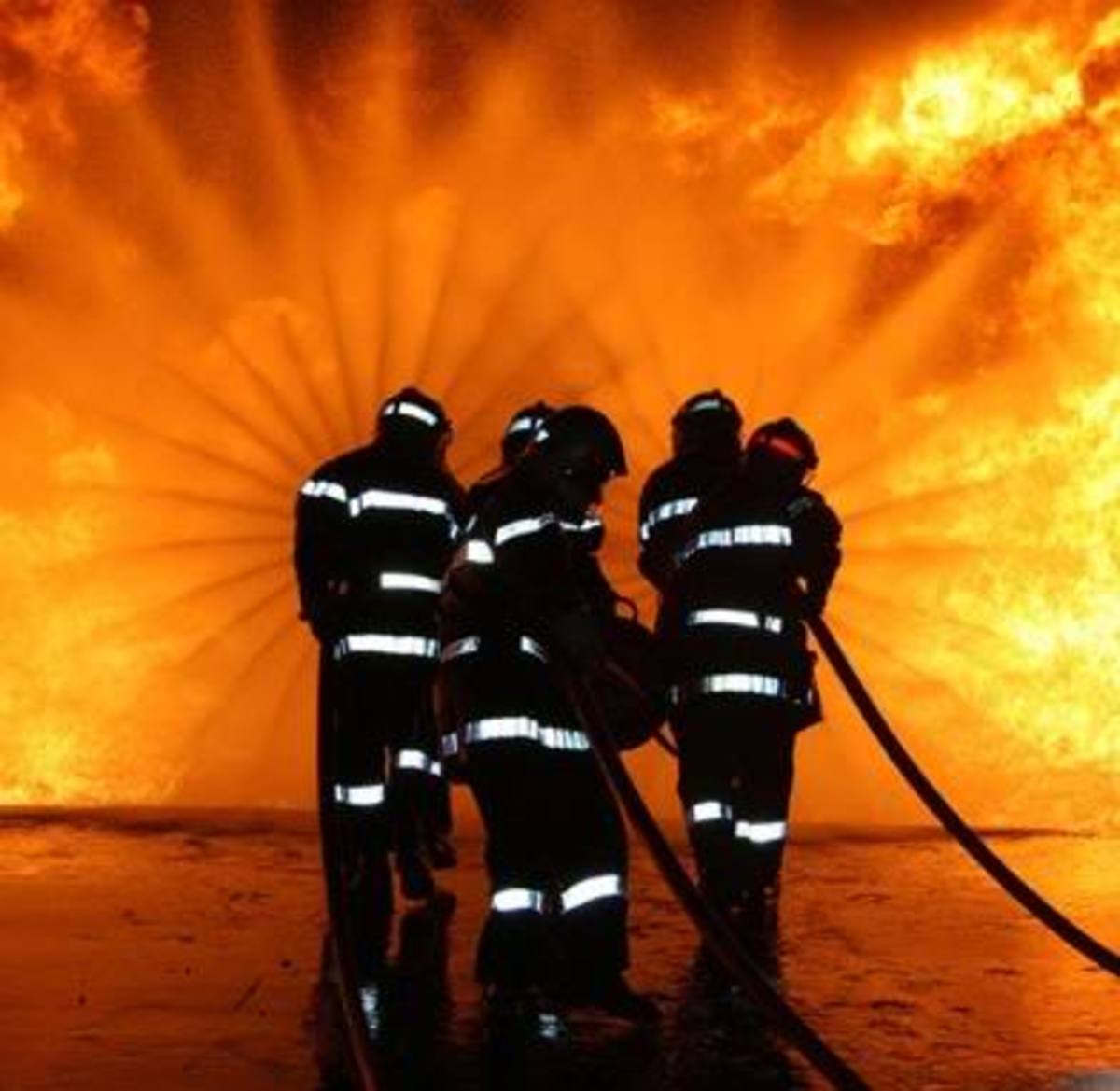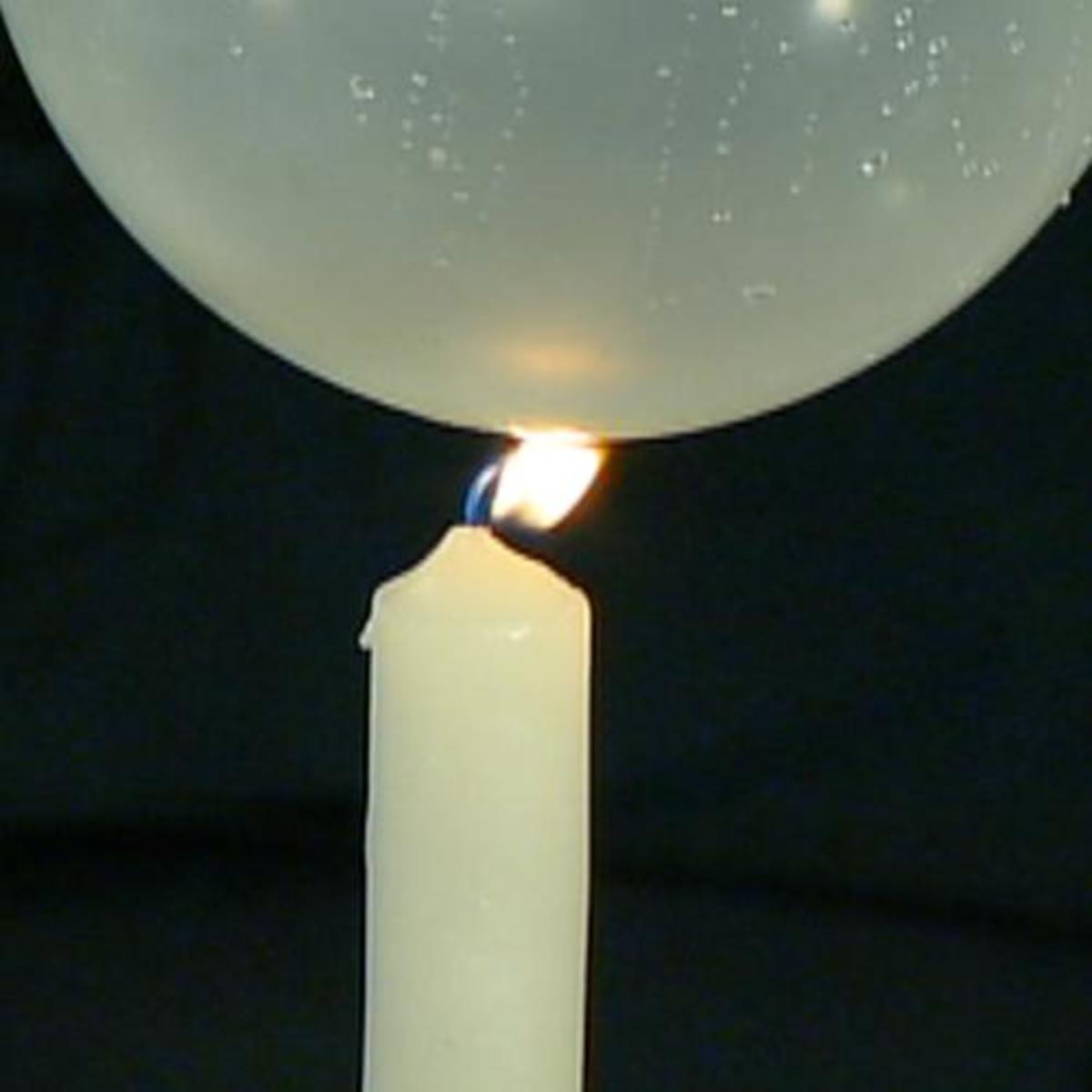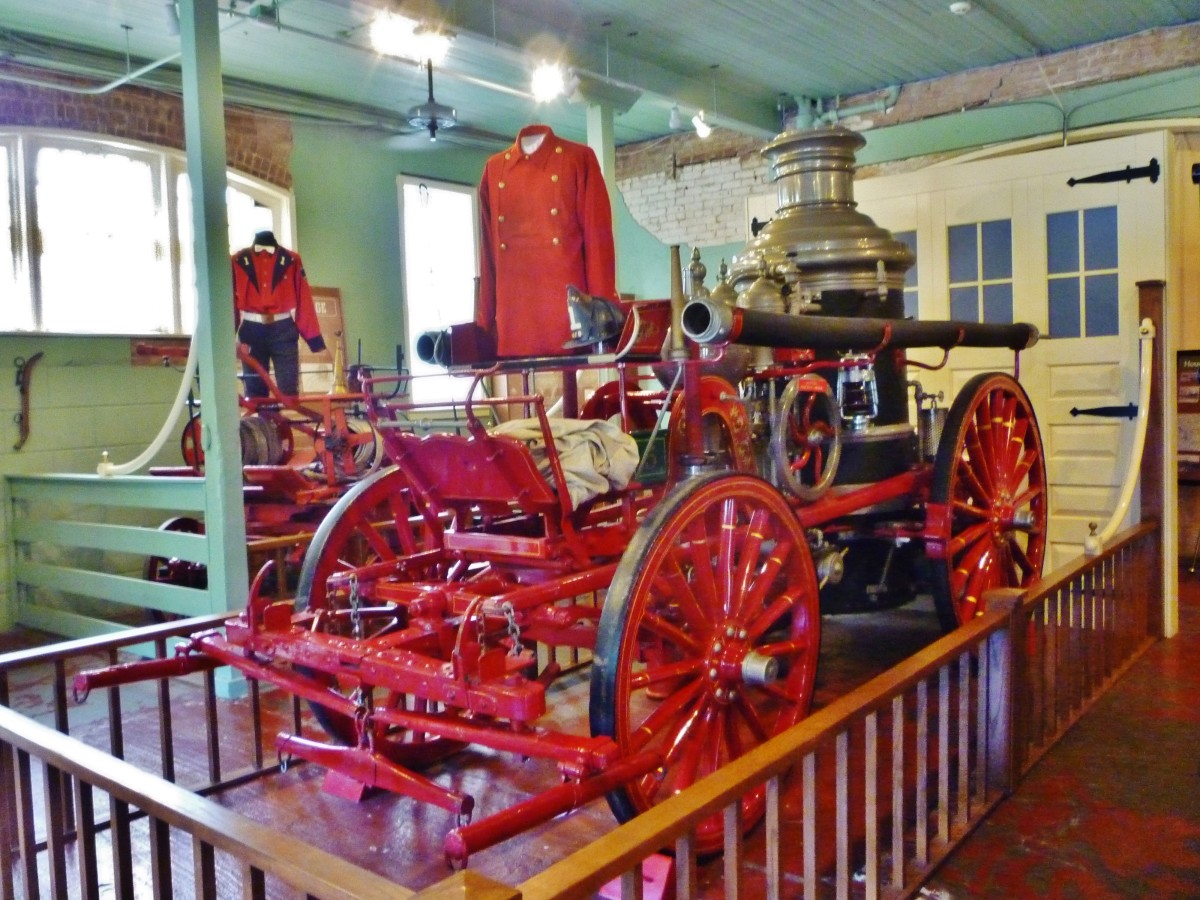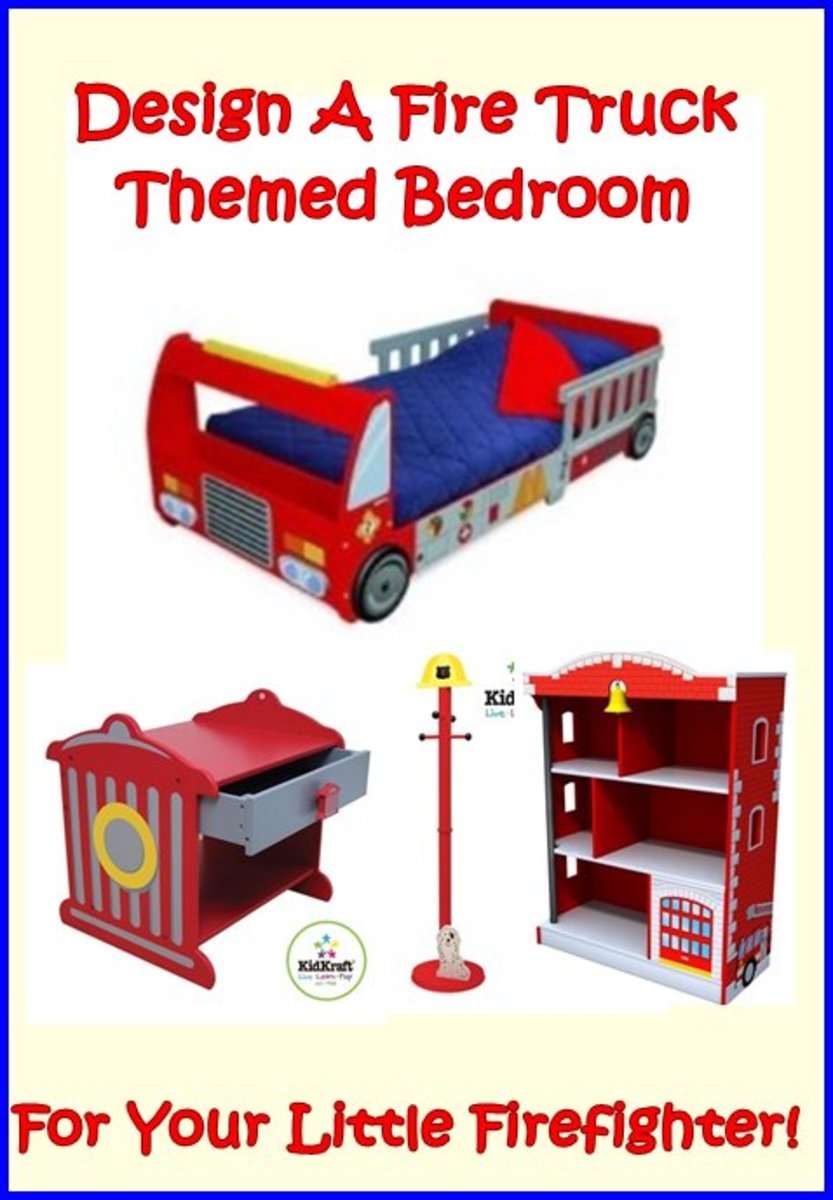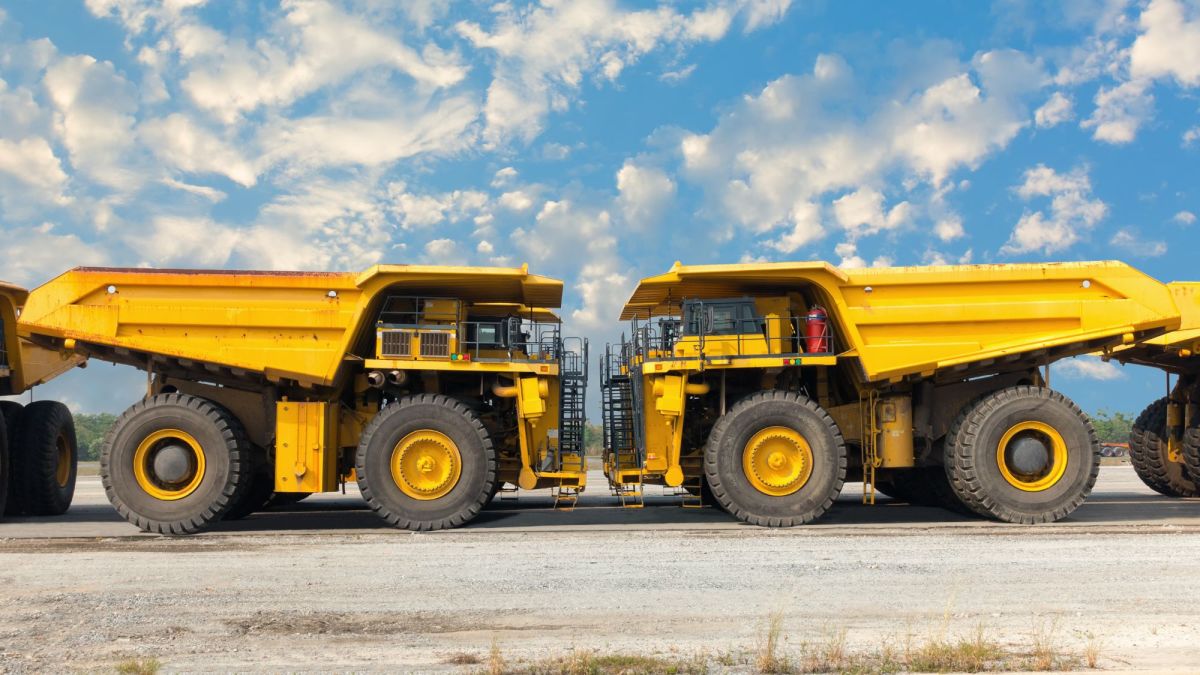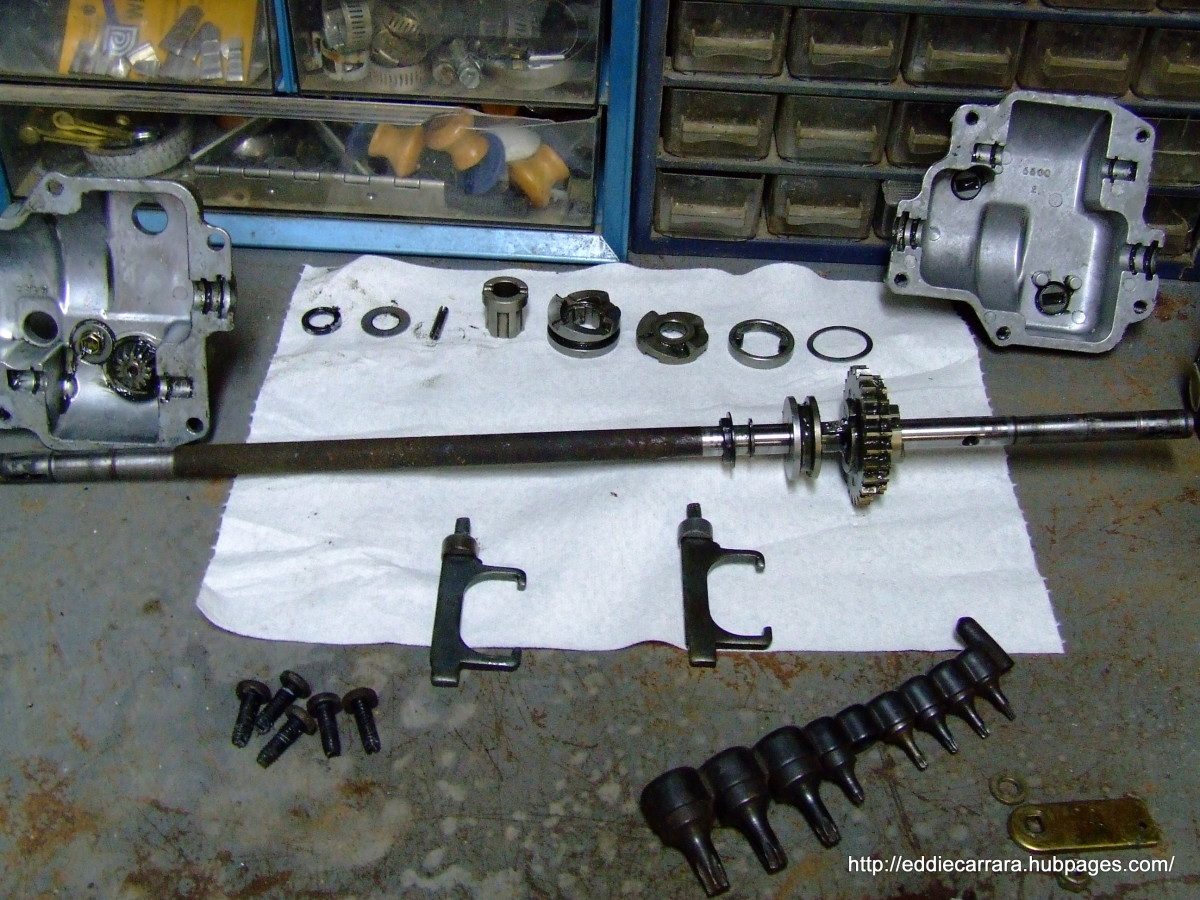Let's Talk Fire: 8 Effective Awareness Tips To Make You A Safe Firefighter
It is not just a job.

Firefighter Safety
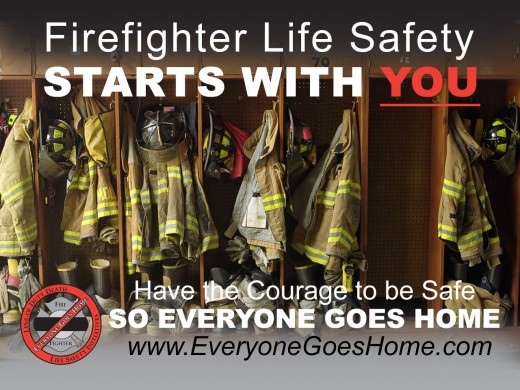
Introduction.
As always I am honored to find you nozzleheads once again gracing the pages of Let's Talk Fire. This time around we will address an issue that I feel often times gets a little under covered in the fire service. Safety! Sure we wear PPE and we try to get our mandated training hours in each year but there is so much more in that spectrum than just those issues. Safety should be at the forefront of everything we do, whether on scene or at the station cleaning the trucks for a parade appearance.
As firefighters we must use our situational awareness to make sound judgments and effective decisions. We can't afford to lose site of that at any time. Sadly for to many of us we associate situational awareness with the scene and size up as opposed to utilizing it as a tool we never put down. We will explore 8 awareness topics that when confronted will make you a much more effective and productive member of the fire department but ultimately the goal is to make you a safer member of the department and give you added tools to do just that.
Situational Awareness is key!
1, Know Your Limits
The days of the macho firefighter kicking in doors and going full force are over, or at least they should be. Being a good firefighter means utilizing your strengths but also recognizing your weaknesses and being willing to accept them and strive to get past that drawback if possible. Let me toss a thought out there at you. If you have a profound fear of heights and your chief tells you grab a ladder and a saw and get that roof open. What do you do? Will refusing do to a fear of heights make you any less of a firefighter? The answer is easy, of course not! Informing the officer in charge that the job of roof venting does not work well with you due to this pre-existing conflict makes you the better firefighter.Never go against your better judgement.
Know and accept what you can and can not do. Not all of us can make a 45 minute cylinder last 45 minutes, heck some of us have trouble making it last 20. You need to make yourself aware of what weak points you have on the department and do your very best to overcome those set backs through training. Start developing ways to get past those problems and if you can not overcome a fear or do a specific task the way you feel it should be done than accept that and move on. Not everyone can be great at every task.
This is real guys and gals!
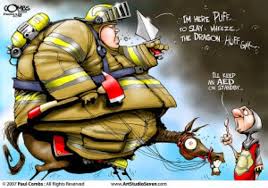
2. Know Your Crew's Limits
Getting in there and knocking out the fire is important but let me be the first to tell you if IC pairs me with Bob the 350 pound asthmatic who has attended more buffets in the last three months than training classes over the last year I am going to tell them no. Remember me first, than my crew. In the event your are placed in that situation put your foot down!
Knowing your limits is great but remember that the limits of your crew mates can hurt you just as easy. Again let's go back to the example I presented earlier. Let's say you are not afraid of heights but Bill, your crew mate is. You are assigned ventilation duties on a two story structure. Bill will not say no for fear of reprimand or ridicule. You now need to step in and do the right thing.
I am not saying try and find flaws with every member of the staff. That would serve no purpose, but learn the key factors to keep yourself safe. There are obvious indicators. If someone never attends training but shows up at every fire scene you may get teamed with them. Is that a risk you are willing to take? If a member of the staff is in terrible physical shape they are not the cat you want to be making interior with. Know the limits of the people you work with and try to help them overcome them the same way you would your own limits.
Rehab is a vital part of scene success.
3. Rehab..... Get You Some
No probie, not that kind of rehab! You will not meet Lindsey Lohan here!
I was the world's worse for coming out dropping a spent cylinder and grabbing a fresh one and right back into the smoke I went. This is a terrible practice and I can say I am glad I got away from it. Get yourself versed in rehab procedure and when to use it. A good fire department should have these types of procedures documented in their SOPs and should adhere to them.
Cooling stations, water dispersal, and even food if the scene demands it are all a part of a successful rehabilitation program. All firefighters should know before going back in after a tank is spent they must endure so much time in rehab. Get that bunker jacket off and hydrate. Cool down and get your bearings back about you. It helps.
I would also recommend keeping a lunch bag on the truck with a couple packs of crackers or Nabs as we call them. Store a powerade or two in there to help you reclaim the electrolytes the fire has stripped you of. Trust me you won't regret it.
We are so prone to heart attacks and other ailments we need to keep ourselves healthy and this is a great way to encourage that. Rehab is one of the most overlooked aspects of the fire scene and it is due in part to people wanting to get the fire out as fast as possible. We get to rushed and we tend to put our own safety on the back burner when that happens.
4. Look up, look down, look left, right... rinse and repeat!
Size-up, size-up, size-up! Guys and gals I can not ever stress how important a good solid size-up is to reaching the desired outcome of a scene. Remember size-up starts as soon as we hear our tones. Be a sponge and soak up every piece of information you can. I also encourage you to learn that\ size-up is not a one time thing on a scene.
Fire changes everything and with those changes to the danger we must change and adapt to form the solution. Size-up should always be a continuous process. Be aware of your surroundings on all sides and above and below you. I can tell you anything can happen. I was unfortunate enough to be preoccupied with getting an access point to a house fire one night to the point I neglected to see the pool before me. Guess who went swimming with an axe and full turn out gear, without actually knowing how to swim. Yep, this guy. It happens and we must be prepared for it.
Communications Training
- Let's Talk Fire Drill Time: Communication Is Key!
Sadly most fire departments are lacking in one of the easiest components of our job... communication. In this easy drill you will learn how to improve communications in your fire department.
5. Communication is key
Those radios we carry should be more than a status symbol. They do look cool but if we don't use them what good are they to us. If I am outside monitoring the scene with a crew on the inside I want that crew giving me feedback at what they are seeing and experiencing. I on the other hand need to always be giving them information from the outside. Communicating changes is vital to get the scene stable and put that fire out.
I want to really give you a positive thought here. Use plain talk! I don't care about how many 10 codes you have memorized and I assure you post usually feels the same way. 10 this 10 that when you can say I got a victim in the attic and need help will get a better quicker response makes you less than working at full potential.
I am always telling my crew that most NIOSH and FEMA LODD reports list communication right at the top of the cause section. This should be enough to really boost you toward better communications practices. I did pen a drill recently that may help with that process and I will place that link on the sidebar for you to check out.
Maybe fire attack is not these cat's thing!
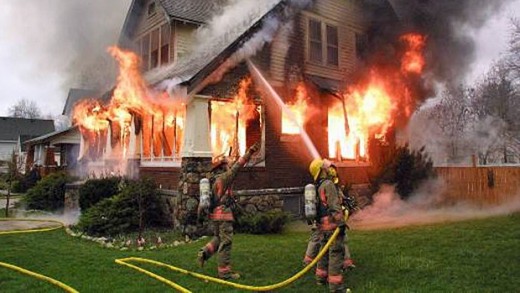
6. Know your progress points.
Every department goes through seasons of change. Sometimes we prove to be real quick at getting certain jobs done but we fail at others. Maybe we are great at getting water supply established and ready the first minute on scene but forcing entry seems to take way to long.
These are areas we once again need to discuss and develop as a department. As firefighters we need to know where we stand on basic operations. I for one noticed my home department lacked a real effective forced entry program and thus started to look for ways to remedy that. It became second nature to our main crews on how to get into just about any structure through training and studying our response area.
Find the areas where your department as a whole really go above and beyond but again key in on the ones that need work and start developing a plan to fix that issue. I also had an experience where I was an amazing interior guy. My partner Jeff and I could pull a fire hose through a key hole but neither of us could tie a knot to save our lives. These issues can hinder you and need to be a focal point.
Does This Symbol Mean Anything To You
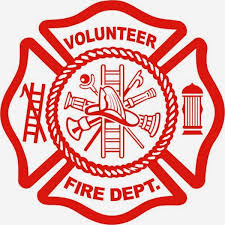
7. Train To Gain
Two issues plague me to no end with volunteer departments. The first is people don't want to come to training and when they do they sit on their phone or stare into space. The second is when departments train in impractical ways. I see this too often.
A department is doing victim search and rescue training and they stretch a hose and have firefighters follow the hose. Let me say I am all about the hose maze training ideas but why in the wide world of sports is there a hose already stretched in a home we are looking for victims in?
This is illogical and serves no real purpose in training for the actual task of victim search and rescue. How many of my readers have done victim search and rescue training and found the victim and that is where the training ended? Why not finish the job and bring that victim out. I assure you the fire will not stop and say good job Benny Boy you found him I am going to go away. Hell no! You have to train for the actual tasks or you are wasting your time.
I also recommend if you are always finding yourself short staffed at a scene train that way. Just because standard incident command protocols say you need a certain number of people does not mean you will have that number of people on hand. Train the way you play. Get together with the cats you know will show up and do the job and drill together.
If you have a response area with a large number of vehicle accidents train on those more frequently. Get yourself in the habit of knowing what do do, when to do it, and most important how to do it right and when the time comes you will be better prepared. A good friend of mine used to say get ready, stay ready and when the time comes you will be ready!
Know when to get help.
8. Know When To Admit Defeat
Of all the tips I can give you this is the one that really is hard to swallow. It sucks but everyone always does not come home and despite our greatest efforts we can't save every building. I wish we could. Firefighting is tough both mentally and physically and we really get ourselves so emotionally invested in what we are doing that seeing a family lose a home devastates us almost as much as it does the family. Or at least it does the good ones.
Sometimes you have to walk away knowing you did your best. I hate being the guy who has to say this one is a loss, get water on the adjacent structures and just keep this one from getting wild on us. It is admitting defeat but as in any endeavor you can't and won't win them all.
I wake up at night over several calls from my past. I recall knowing a famly's dogs where just beyond a wall but also knowing the chief was concerned that opening it might creat to much wind draft. Those little animals died right beside a wall I could have breached in seconds but I have to accept that I followed orders and they may have been the right call they may not have, but I did what I was told.
Don't think of it has letting house A go to save house B. View it in terms of we lost that one we can save this one. We are in a field that merits while we wll save some, we will also lose some. That some can be homes, cars, and unfortunatley as firefighters that some could be people. As firefighters we are competitive, mostly with ourselves. We can not stand that stigma of losing. It takes a real firefighter to accept the grim fact that we are going to.
The key is knowing how to handle the aftermath. Learn how to talk with families who have lost their home. Learn how to find tem resources and be a comfort in their most trying time of need.
Knowing when o admit defeat means not putting yourself at added risk both physically or mentally.
Let's Talk Fire Is On Facebook
Safety is the name of the job. Every firefighter in the service is responsible for that charge. Nothing hurts a department like someone failing to maintain safety and having to explain to authorities and the community that due to negligence something bad has happened. A great friend and one of the best trainers I have ever got to work with said it best. "They will forget an atta boy in no time, but they will remember an oh shit forever! Stay safe my friends.
You can join Let's Talk Fire on our facebook home and be a part of the amazing discussions and training updates! Join us here.


